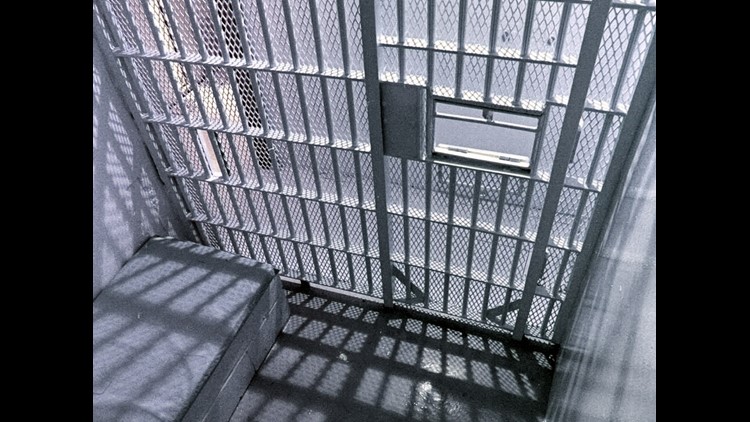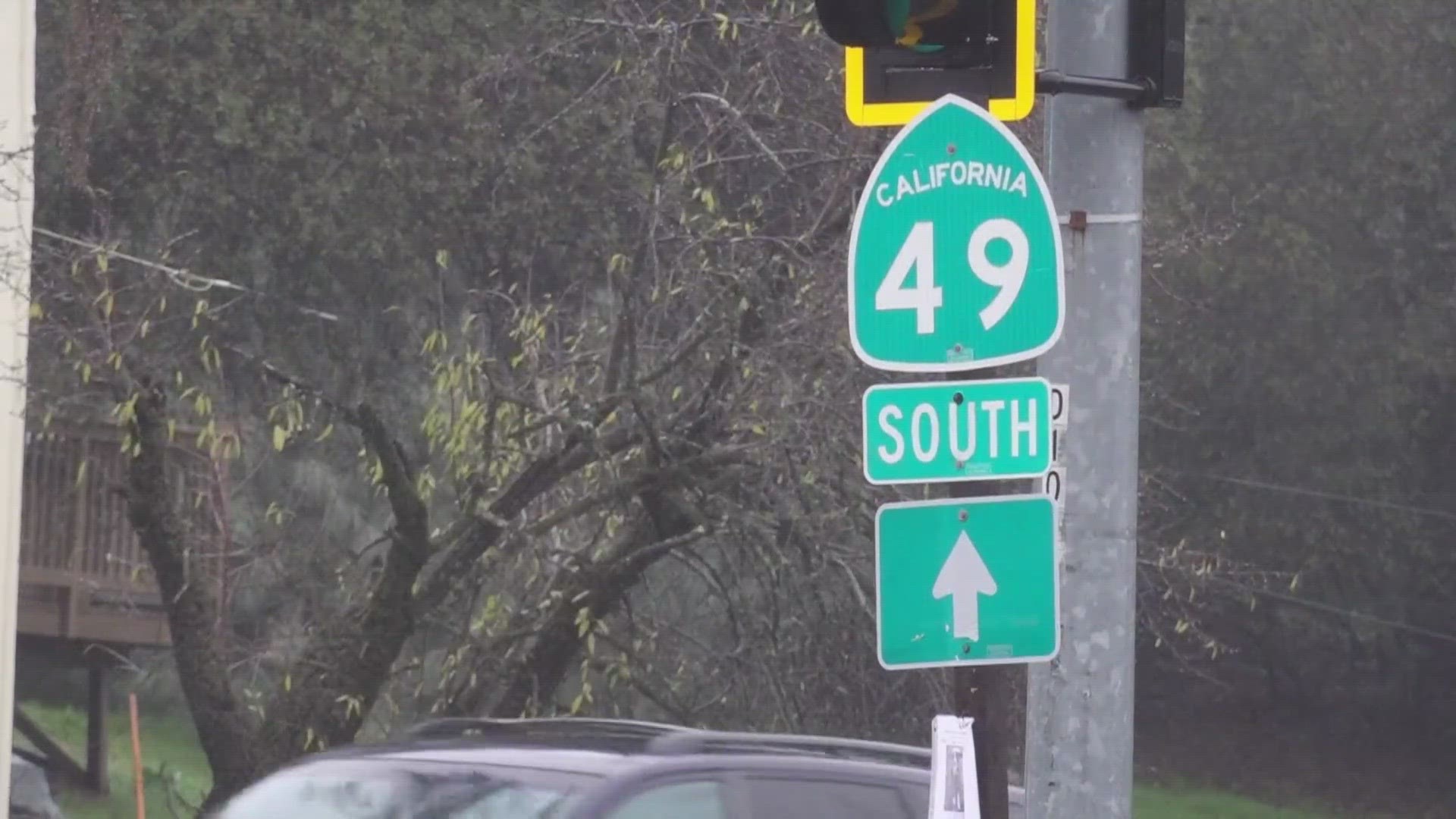Lawmakers and law enforcement officials said an "unintended consequence" of Proposition 47 is making it harder for police to catch and convict rapists and murderers.
Prop. 47 passed with 58 percent of the vote in November. It downgrades dozens of nonviolent property and drug crimes from felonies to misdemeanors. The felony crimes that are now considered misdemeanors include drug offences, fraud, theft and forgery.
In California, police are only allowed to take DNA samples of those convicted of felonies.
"My grandmother was raped and murdered in 1989," Mark Jaspar said.
Then, 20 years later a man by the name of Donald Carter was convicted for drug possession. When police took his DNA, they found Carter was the same man who had raped and murdered 80-year-old Sophia McAllister, Jaspar's grandmother.
"Even 20 years later, it was an unbelievable feeling that we went through some sort of resolution for my grandmother," Jaspar said. "That somebody was going to actually be accountable for what happened."
Today, Carter's drug possession charge would be a misdemeanor not a felony because of Prop. 47. Police argue that because they wouldn't have the power to take his DNA sample, he would have likely never been linked to McAllister's death.
"Forensic DNA is the greatest tool ever given to law enforcement to find the guilty and to exonerate the innocent," Sacramento County District Attorney Anne Marie Schubert said.
AB 390 would allow police to collect DNA samples from those convicted of crimes that are now misdemeanors like drug possession, burglary and petty theft.
"Think about if it was your family," Assem. Jim Cooper, D-Elk Grove said. "If there's ever a chance to ever catch that individual, it's through DNA."
Cooper, the author of the bill, said it wouldn't change Prop. 47. It would just get rid of a serious unintended consequence.
"This is a simple fix," Cooper said. "If you're convicted of a misdemeanor, certain misdemeanors, you leave a DNA sample. They swab your cheek. That's pretty much non-invasive."



